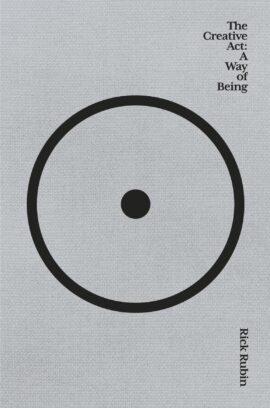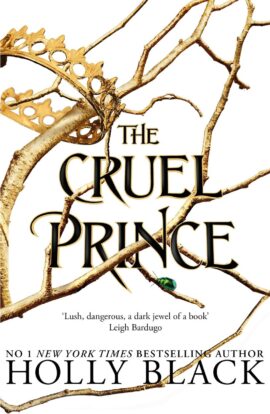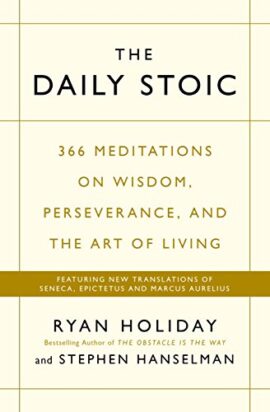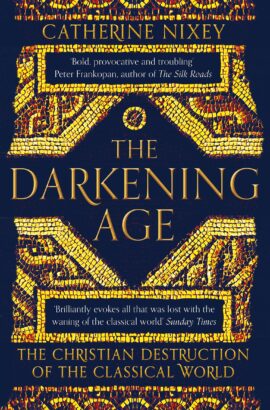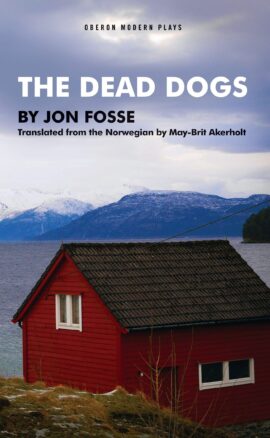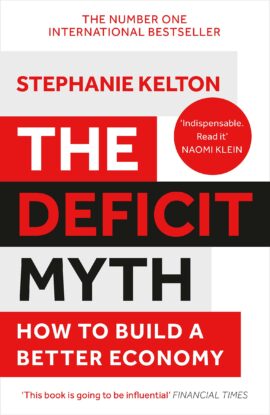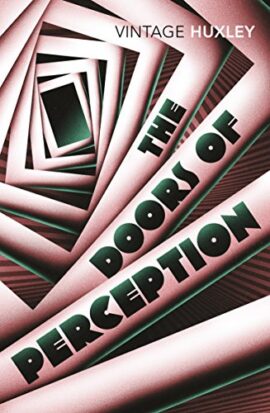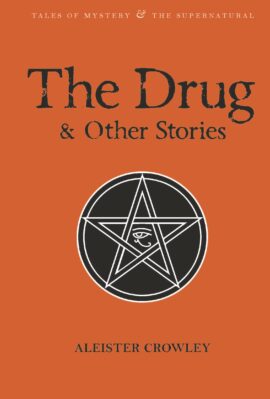The Daily Stoic: 366 Meditations on Wisdom, Perseverance, and the Art of Living: Featuring new translations of Seneca, Epictetus, and Marcus Aurelius
'No role is so well suited to philosophy as the one you happen to be in right now.' - Marcus AureliusThe Stoics' unique blend of practicality and wisdom has been inspiring the most successful among us for centuries, from Roman Emperors to Barack Obama, and most recently via Ryan Holiday's bestselling The Obstacle is the Way. If that book introduced readers to the idea that what is in the way is the way, The Daily Stoic widens our view on the Stoic philosophy and shows that it can be applied to any problem.From how to manage failure to getting what you want, the ideas of Seneca, Epictetus, Marcus Aurelius and others continue to be vitally relevant to today's doers and thinkers. Here, in bold new translations of the ancient classics, language is stripped down to reveal powerful aphorisms that cut straight to the heart of our day-to-day challenges.Presented in a page-per-day format, this daily resource of Stoic inspiration combines quotations with calls to further reflection - and action. Arranged topically, this guide features twelve principles for overcoming obstacles and achieving greater satisfaction. It introduces readers to a new daily ritual and new orientation that will bring them balanced action, insight, effectiveness, and serenity.Author BiographyRyan Holiday is the bestselling author of Growth Hacker Marketing, The Obstacle is the Way and Ego is the Enemy. His books have been translated into 17 languages and his writing has appeared everywhere from the Columbia Journalism Review to Fast Company.Stephen Hanselman has worked for over three decades in publishing as a bookseller, publisher and literary agent. He received a Master's degree at Harvard Divinity School, while also studying at Harvard's philosophy department. - The Daily Stoic
The Darkening Age: The Christian Destruction of the Classical World
In The Darkening Age, Catherine Nixey tells the little-known - and deeply shocking - story of how a militant religion deliberately tried to extinguish the teachings of the Classical world, ushering in unquestioning adherence to the 'one true faith'.The Roman Empire had been generous in embracing and absorbing new creeds. But with the coming of Christianity, everything changed. This new faith, despite preaching peace, was violent, ruthless and intolerant. And once it became the religion of empire, its zealous adherents set about the destruction of the old gods. Their altars were upturned, their temples demolished and their statues hacked to pieces. Books, including great works of philosophy and science, were consigned to the pyre. It was an annihilation.A Book of the Year in the Daily Telegraph, the Spectator, the Observer, and BBC History MagazineA New York Times Book Review Editors' ChoiceWinner of the Royal Society of Literature Jerwood Award for Nonfiction
The Darkening Age: The Christian Destruction of the Classical World
In The Darkening Age, Catherine Nixey tells the little-known - and deeply shocking - story of how a militant religion deliberately tried to extinguish the teachings of the Classical world, ushering in unquestioning adherence to the 'one true faith'.The Roman Empire had been generous in embracing and absorbing new creeds. But with the coming of Christianity, everything changed. This new faith, despite preaching peace, was violent, ruthless and intolerant. And once it became the religion of empire, its zealous adherents set about the destruction of the old gods. Their altars were upturned, their temples demolished and their statues hacked to pieces. Books, including great works of philosophy and science, were consigned to the pyre. It was an annihilation.A Book of the Year in the Daily Telegraph, the Spectator, the Observer, and BBC History MagazineA New York Times Book Review Editors' ChoiceWinner of the Royal Society of Literature Jerwood Award for Nonfiction
The Dawn of Language
"A model of popular-science writing" STEVEN POOLEWho was "the first speaker" and what was their first message?An erudite, tightly woven and beautifully written account of one of humanity's greatest mysteries - the origins of language.Drawing on evidence from many fields, including archaeology, anthropology, neurology and linguistics, Sverker Johansson weaves these disparate threads together to show how our human ancestors evolved into language users. The Dawn of Language provides a fascinating survey of how grammar came into being and the differences or similarities between languages spoken around the world, before exploring how language eventually emerged in the very remote human past.Our intellectual and physiological changes through the process of evolution both have a bearing on our ability to acquire language. But to what extent is the evolution of language dependent on genes, or on environment? How has language evolved further, and how is it changing now, in the process of globalisation? And which aspects of language ensure that robots are not yet intelligent enough to reconstruct how language has evolved?Johansson's far-reaching, authoritative and research-based approach to language is brought to life through dozens of astonishing examples, both human and animal, in a fascinatingly erudite and entertaining volume for anyone who has ever contemplated not just why we speak the way we do, but why we speak at all.Translated from the Swedish by Frank Perry
The Dead Dogs
A young man lives alone with his mother and his beloved dog in a house in a small village overlooking the fjord. The dog has run off and gone missing. This has never happened before...
In The Dead Dogs, lives are shockingly disrupted by an event that changes the direction of their future.
Fosse’s drama explores life lived in unexpected ways, with a sense of otherness pervading the present and colouring the characters’ relationships.
In The Dead Dogs, lives are shockingly disrupted by an event that changes the direction of their future.
Fosse’s drama explores life lived in unexpected ways, with a sense of otherness pervading the present and colouring the characters’ relationships.
The Deficit Myth: Modern Monetary Theory and How to Build a Better Economy
THE INTERNATIONAL BESTSELLER'Kelton has succeeded in instigating a round of heretical questioning, essential for a post-Covid-19 world, where the pantheon of economic gods will have to be reconfigured' Guardian'Stephanie Kelton is an indispensable source of moral clarity ... the truths that she teaches about money, debt, and deficits give us the tools we desperately need to build a safe future for all' Naomi Klein'Game-changing ... Read it!' Mariana Mazzucato'A rock star in her field' The Times'This book is going to be influential' Financial Times'Convincingly overturns conventional wisdom' New York TimesSupporting the economy, paying for healthcare, creating new jobs, preventing a climate apocalypse: how can we pay for it all? Leading economic thinker Stephanie Kelton, shows how misguided that question is, and how a radical new approach can maximise our potential as a society. Everything that we've been led to believe about deficits and the role of money and government spending is wrong. Rather than asking the self-defeating question of how to pay for the crucial improvements our society needs, Kelton guides us to ask: which deficits actually matter?
The Divine Comedy (Wordsworth Classics of World Literature)
The Divine Comedy: Dante Alighieri (1265-1321) is one of the most important and innovative figures of the European Middle Ages. Writing his Comedy (the epithet Divine was added by later admirers) in exile from his native Florence, he aimed to address a world gone astray both morally and politically. At the same time, he sought to push back the restrictive rules which traditionally governed writing in the Italian vernacular, to produce a radically new and all-encompassing work. The Comedy tells of the journey of a character who is at one and the same time both Dante himself and Everyman through the three realms of the Christian afterlife: Hell, Purgatory and Heaven. He presents a vision of the afterlife which is strikingly original in its conception, with a complex architecture and a coherent structure. On this journey Dante's protagonist - and his reader - meet characters who are variously noble, grotesque, beguiling, fearful, ridiculous, admirable, horrific and tender, and through them he is shown the consequences of sin, repentance and virtue, as he learns to avoid Hell and, through cleansing in Purgatory, to taste the joys of Heaven.
The Drug and Other Stories (Tales of Mystery & the Supernatural)
The Drug and Other Stories by Aleister Crowley. This revised and expanded second edition brings together the uncollected short fiction of the poet, writer and religious philosopher Aleister Crowley (1875-1947). Of the fifty-four stories in the present volume, only thirty-five were published in his lifetime. Most of the rest appear in this collection for the first time. Crowley was a successful critic, editor and author of fiction from 1908 to 1922. Like their author, his stories are fun, smart, witty, thought-provoking and sometimes unsettling. They are set in places in which he had lived, and knew well: Belle Epoque Paris, Edwardian London, pre-revolutionary Russia and America during the First World War. The title story The Drug stands as one of the first accounts -- if not the first -- of a psychedelic experience. His Black and Silver is a knowing early noir discovery that anticipates an entire genre. Atlantis is a masterpiece of occult fantasy that can stand with Samuel Butler's Erewhon. Frank Harris considered The Testament of Magdalen Blair the most terrifying tale ever written. This second edition adds several additional stories, including the Qabalistic allegory Ambrosii Magi Hortus Rosarum, featuring the author's previously unpublished annotations. Extensive editorial end-notes give full details about the stories.
The Enigma of Room 622
It all starts with an innocuous curiosity: at the Hotel de Verbier, a luxury hotel in the Swiss Alps, there is no Room 622. This anomaly piques the interest of Joël Dicker, Switzerland's most famous literary star, who flees to the Verbier to recover from a bad breakup, mourn the death of his publisher, and begin his next novel. Before he knows it, he's coaxed out of his slump by a fellow guest, who quickly uncovers the reason behind Room 622's erasure: an unsolved murder. The attendant circumstances: a love triangle and a power struggle at the heart of Switzerland's largest private bank, a mysterious counter-intelligence unit known only as P-30, and a shadowy émigré with more money than God. A Russian doll of a mystery crafted with the precision of a Swiss watch, The Enigma of Room 622 is Joël Dicker's most diabolically addictive thriller yet.


